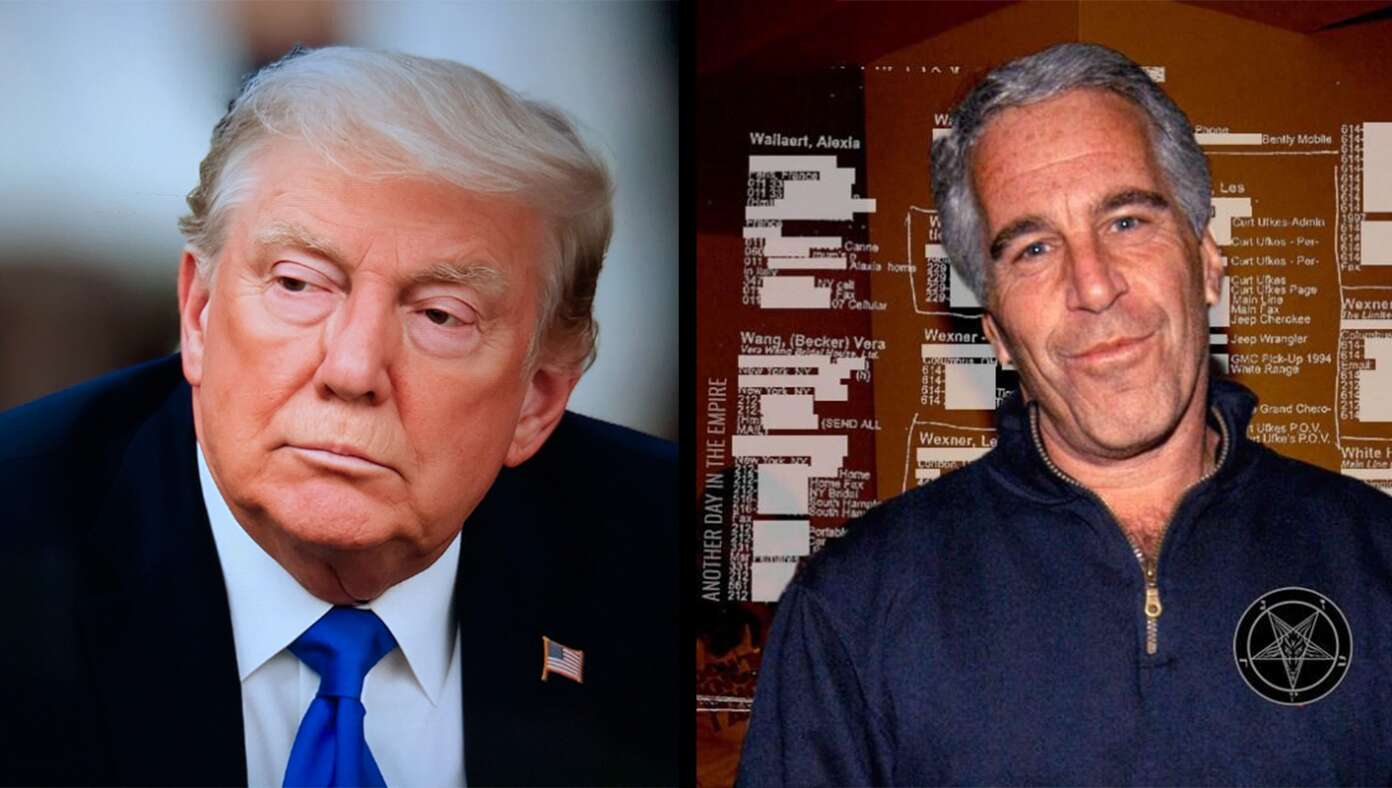
U.S. – In a huge blow to President Trump, newly released emails indicate that he was not well-liked by a pedophile.
Read More
U.S. – In a huge blow to President Trump, newly released emails indicate that he was not well-liked by a pedophile.
Read More